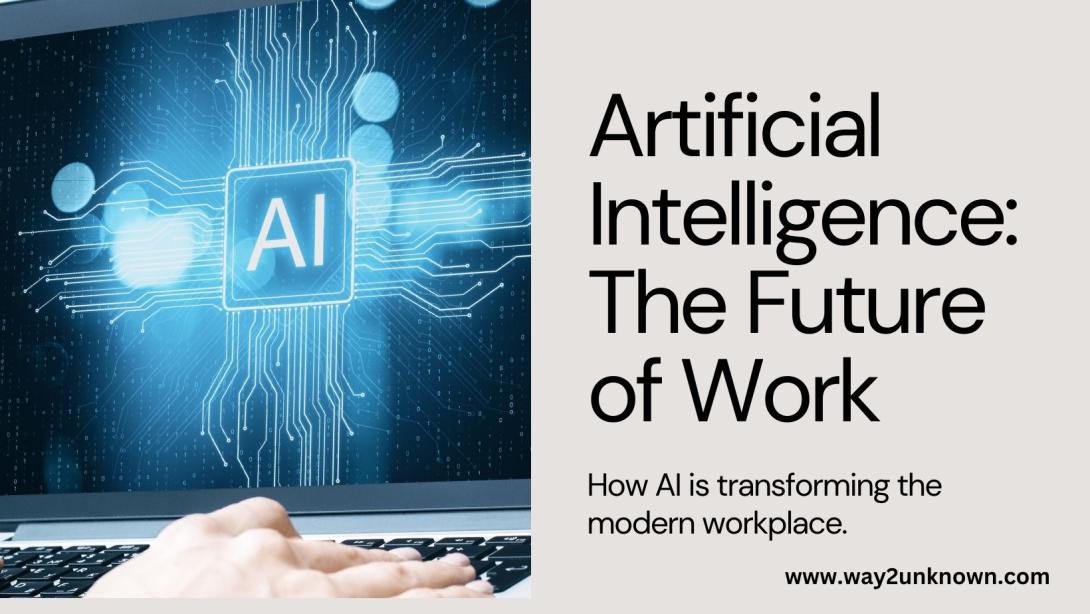Navigating the AI Revolution: How Technology Is Reshaping the Workplace

In today's rapidly evolving digital landscape, artificial intelligence (AI) is not just a buzzword but a transformative force reshaping the modern workplace. From streamlining operations to enhancing productivity and decision-making, AI technologies are revolutionizing how businesses operate and employees work.
One of the most significant impacts of AI in the workplace is automation. Routine tasks that once consumed valuable time and resources can now be efficiently handled by AI-powered systems, freeing up employees to focus on more strategic and creative endeavors. This shift from manual labor to automation is not about replacing human workers but augmenting their capabilities, allowing them to work smarter, not harder.
Moreover, AI is playing a crucial role in talent acquisition and management. Advanced algorithms can analyze vast amounts of data to identify top talent, match candidates with the right job roles, and even predict employee attrition. Additionally, AI-powered tools facilitate personalized learning and development opportunities, empowering employees to upskill and stay competitive in a rapidly changing job market.
However, with great power comes great responsibility. As organizations embrace AI technologies, it is imperative to address ethical considerations, including data privacy, algorithmic bias, and the potential impact on job security. Moreover, fostering a culture of transparency, inclusivity, and continuous learning will be essential to navigating the AI revolution successfully.
In conclusion, the AI revolution presents immense opportunities for organizations to innovate, adapt, and thrive in the digital age. By embracing AI responsibly and leveraging its transformative potential, businesses can reshape the workplace for the better, driving growth, efficiency, and employee engagement in the years to come.